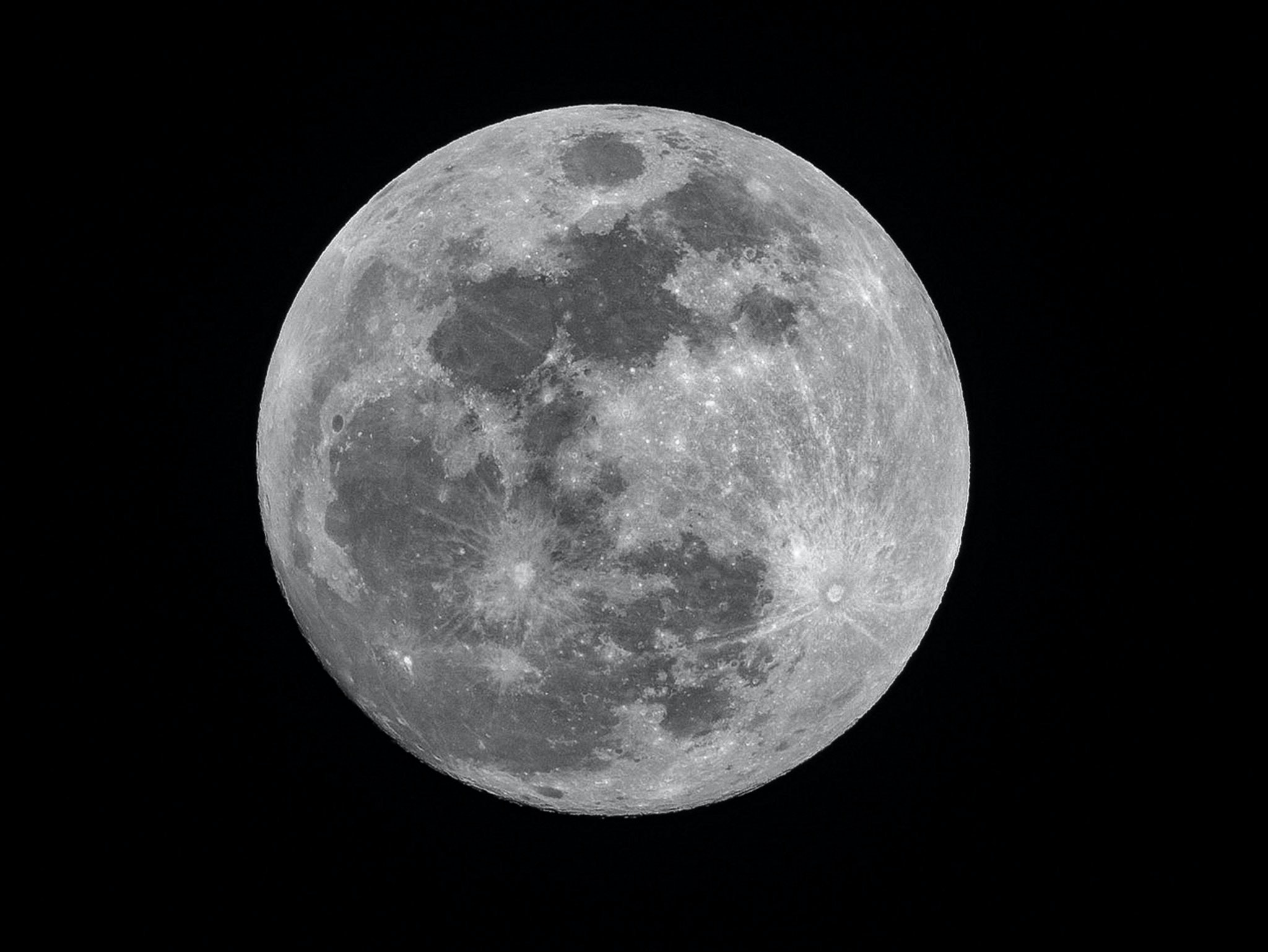The Full Moon Menstruation Cycle: Fact or Myth?
For centuries, the moon has been surrounded by a mysterious aura, influencing folklore, myths, and even our menstrual cycles. Many women have claimed that their periods synchronize with lunar phases, especially during the full moon. But is there any scientific evidence to support this phenomenon, or is it merely a myth? In this blog post, we will take a deep dive into the full moon menstruation cycle and separate fact from fiction.
The Influence of the Moon
The moon has long captured the imagination of civilizations around the world. Its gravitational pull affects the oceans’ tides, and it is no surprise that some people speculate that it may also impact human biology, specifically menstruation. The lunar cycle, which lasts approximately 29.5 days, is divided into four phases: new moon, first quarter, full moon, and last quarter, with the full moon being the most iconic.
According to the belief, as the moon waxes and wanes, so too does our menstrual cycle. Women who experience a menstrual cycle that coincides with the full moon often report an intensified flow and heightened emotions during this time. But how much of this anecdotal evidence can be attributed to causation rather than mere correlation?
The Absence of Scientific Evidence
While there is a wealth of personal accounts supporting the claim that the full moon affects menstruation, scientific evidence to support this phenomena is scant at best. Several studies have attempted to find a correlation between lunar phases and menstrual cycles but have largely come up empty-handed.
A study conducted in 1980 by psychologist Winnifred B. Cutler analyzed 305 menstrual cycles. The results showed that only 11% of participants experienced menstruation during the full moon, a number that did not significantly deviate from the proportion that would be expected by chance alone. Another study from 1986, led by Professor Cecily V. Brotheridge, analyzed over 9,000 menstrual cycles and found no evidence of synchronization with lunar phases.
The Role of Pseudoscience
Despite the lack of scientific evidence, the belief in the full moon’s influence on menstruation persists. This may be due to the underlying psychological factors and the power of suggestion. Humans have a tendency to search for patterns, even where none exist. In the case of menstruation and lunar phases, confirmation bias might play a significant role.
Furthermore, pseudoscientific explanations often perpetuate the myth. Some theories suggest that ancient cultures relied on lunar phases for agriculture, and since women were responsible for gathering food, their menstrual cycles eventually adapted to the moon. While this idea may sound intriguing, the lack of concrete evidence makes it difficult to accept as fact.
Other Factors at Play
It is crucial to recognize that many factors can influence a woman’s menstrual cycle. Stress, changes in diet, exercise routines, medication, hormonal imbalances, and age can all contribute to irregular cycles. Additionally, variations in personal health and lifestyle can lead to synchronization among close friends or coworkers, further perpetuating the belief in the full moon menstrual cycle.
Moreover, some cultures still harbor superstitions regarding the full moon, associating it with mysticism, fertility, and transformation. These beliefs can influence and perpetuate the notion that menstruating during a full moon is significant or even special.
The Need for More Research
While current research is inconclusive, it is important not to dismiss the full moon menstruation cycle as pure fabrication. The complexity of human biology and the potential for yet undiscovered factors mean that a more comprehensive investigation is warranted.
Future studies should aim to explore the possible influence of lunar cycles on the menstrual cycle while accounting for other contributing factors. Large sample sizes and stringent methodologies should guide these investigations to ensure accuracy and validity.
Conclusion
The belief in the full moon menstruation cycle has persisted for centuries, despite the lack of scientific evidence. While anecdotal accounts and cultural beliefs may perpetuate this myth, rigorous research has failed to validate the phenomenon. The quest for answers continues, and until conclusive evidence is found, the full moon menstruation cycle remains a captivating mystery.
Table of Contents
